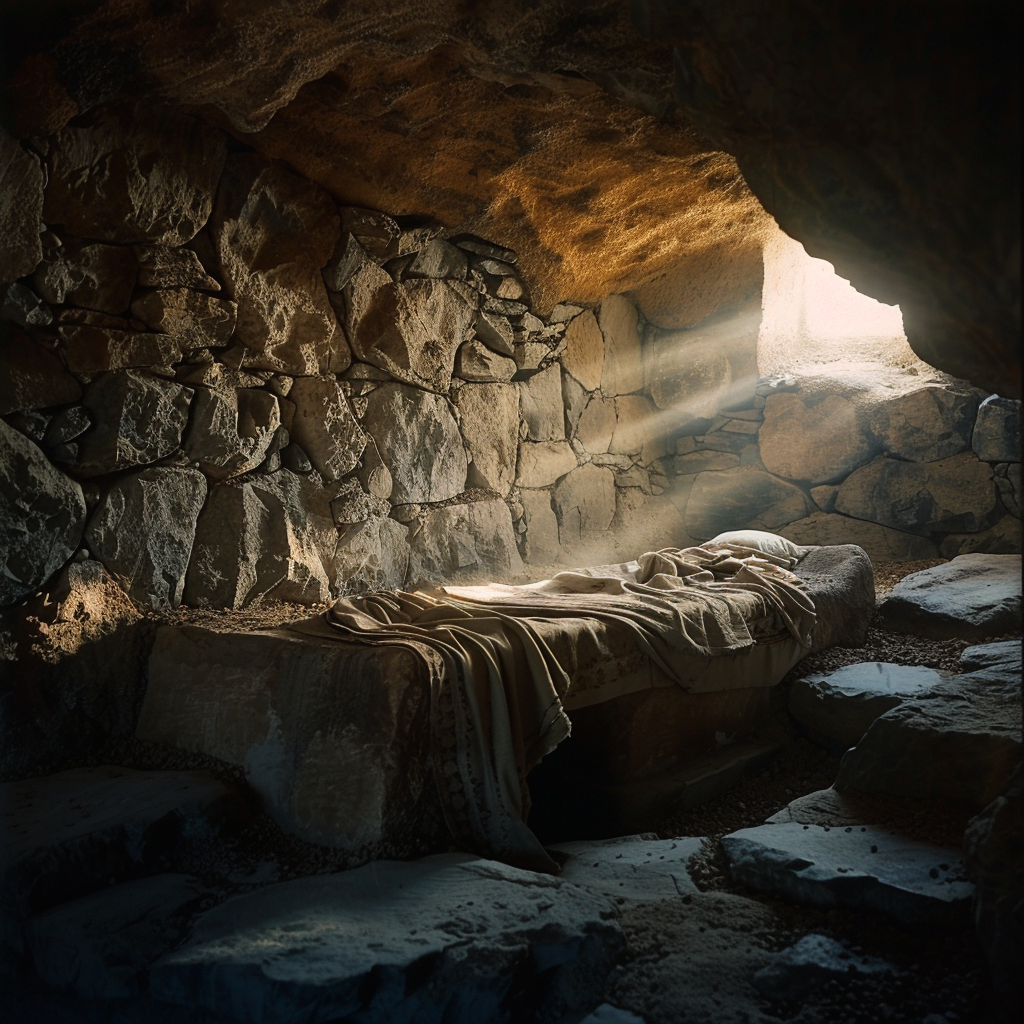Zechariah
ZECHARIAH
THE BOOK OF REVELATION OF THE OLD TESTAMENT, PROPHECIES ABOUT THE FUTURE OF JERUSALEM AND THE COMING MESSIAH
This book has been described as the most eschatological (deals with end-time events), apocalyptic (highly symbolic) and Messianic (having to do with Jesus) of the Old Testament. Zechariah is much like the Book of Revelation. Let me explain:
If you recall Jesus said that He would build His church and the gates of hell would not prevail against it (Matt 16v18). He also said that He we would be with them always, to the very end of the age. (Matt 28:20). Fast forward to about 95 A.D. and we see that Jesus has died along with all of the Apostles, except for John, who is in prison on the island of Patmos. The church is going through a time of persecution. The Church was discouraged and wondering if Jesus had abandoned them and that the church might not survive. It is in this setting that God gives to John the Book of Revelation. The purpose of the book is to encourage the church. It begins by showing Jesus still on his throne in heaven in chapter one. In chapters two and three Jesus, who is the head of the church, gives John a message to seven churches in Asia Minor. This shows that Jesus knows exactly what is going on in the churches. He knows their strengths and weaknesses. The book goes on to show what is going to happen in world history: the tribulation period, the return of Jesus, the 1,000 year reign of peace and justice, the binding of Satan, the lifting of the curse and the New Heaven and a New Earth. The bottom line is this: He is still on His throne, His plan is being worked out on His timetable and the good guys are going to win. So be encouraged.
Zechariah is given a series of visions to paint a picture of the future for Israel. The purpose is to hope and encouragement to the returned Jews.
Zech 2:8, Vision 1: the man among the Myrtle trees: the man symbolizes God, the trees, Israel. The message to the Jews is: God is with you, always. Sounds like Jesus in Matt 28:20.
Zech 2:18, Vision 2: four horns (symbols of foreign powers) and four craftsmen (symbols of God’s representatives). The message to the Jews is: God will oppose those who oppress Israel.
Zech 2:13, Vision 3: man with a measuring line. The message to the Jews is: God will expand the City of Jerusalem; it will not only survive, in spite of enemies surrounding it, but will prosper and grow.
Zech 3:3, Vision 4: Joshua the High Priest in filthy clothes symbolizes the coming Messiah. The message to the Jews is: God will purify His people by cleansing them of their sins.
Zech 4:2-3, Vision 5: Gold lamp stand with oil. The lamp stand is symbolic of the people of God; the oil is symbolic of the Holy Spirit. The two branches of the lamp stand represent Joshua and Zerubbabel.
This refers to the coming of Jesus, who combines the offices of King and Priest.
Zech 5:2, Vision 6: The Flying Scroll with the Law written on it. The message to the Jews is: God will judge all sin in the land.
Zech 5:5, Vision 7: The woman in the Basket: The message to the Jews is: Wickedness will be removed from the land.
Zech 6:1-2, Vision 8: Four chariots between two bronze mountains. The message to the Jews is: Judgment is going to go out against the gentile nations.
Much like the Book of Revelation, God is reassuring His people concerning their future.
Zechariah then goes onto answer some questions.
Zech 7:3, “Should I mourn and fast in the fifth month, as I have done for so many years?”
There was only one fast required by God in the Old Testament. That is the Day of Atonement (Lev 23). The Jews added fasts to commemorate the destruction of the temple and other event. Now that the temple was rebuilt, they wanted to know if they should continue to fast.
Zech 7:6, “When you fasted . . . was it really for me that you fasted?”
God is questioning their motives. Sure, they fasted, just as they observed all of the other rituals. But, their hearts weren’t sincere. So, they needn’t bother with any further fasts.
Zech 7:8, “Administer true justice; show mercy and compassion to one another. Do not oppress the widow or the fatherless, the alien or the poor. In your hearts do not think evil of each other.”
Just as Amos preached to the people of Israel, Zechariah is telling these folks that empty rituals are of no value to God. Doing what is right is the best way to worship God.
Zech 9:8, “But I will defend my house against marauding forces. Never again will an oppressor overrun my people, for now I am keeping watch.”
Here Zechariah is looking into the far distant future.
Zech 9:9, 10, “See, your king comes to you, righteous and having salvation, gentle and riding on a donkey, on a colt, the foal of a donkey . . . His rule will extend from sea to sea and from the River to the ends of the earth.”
One of the tricky aspects of prophecy writing is that the writer will jump from the near future to the distant future from one verse to the next. Notice that verse nine refers to the first coming of Jesus; verse ten refers to His second coming.
Zech 11:12-13, “I told them, ‘If you think it best, give me my pay; but if not, keep it.’ So they paid me thirty pieces of silver. And the Lord said to me, ‘Throw it on the potter’- the handsome price at which they priced me! So I took the thirty pieces of silver and threw them into the house of the Lord to the potter.’”
Matt 27:9-10 quotes this passage, applying it to Judas.
Zech 12:10, “At the end of the seven year tribulation God will ‘pour out on the house of David and the inhabitants of Jerusalem a spirit of grace and supplication. They will look on me, the one they have pierced and they will mourn for him as one mourns for an only child, and grieve bitterly for him as one grieves for a firstborn son.’”
During the Great Tribulation period, also referred to as the time of Jacob’s troubles, there will be a great many Jews accepting Jesus as their Messiah. Romans 11 makes it very clear that God is not through with Israel. God has not replaced Israel with the Church.
Here, as in the time of the Apostle John, a discouraged people needed to know the plan of God for them. We too can bear our burdens if we also know what God has in store for us.
Recent Articles

Share this:
Start Here...
Why Study the Bible?
Don’t many consider the Bible to be just a book of myths? Why do we read the Bible rather than the sacred literature of other religions?
How do we know that it is from God? How do we know that what we have today is an accurate translation from the original? Is the Bible complete or have there been some books that have been lost?
We should be able to answer these questions, and there are answers! So start here!
Answers to Common Bible Questions



Questions?
Send us your questions or comments. We respond to every message.
About us
Encouraging Everyone to Study the Word of God and do the Work of God.
Useful Links
Contact info
Join our family
Contact Us
We will get back to you as soon as possible
Please try again later
The Berean Bible Ministry
This web site is dedicated to the study of the Bible, with no advertising and no popups. It is supported by our Bible study group.




